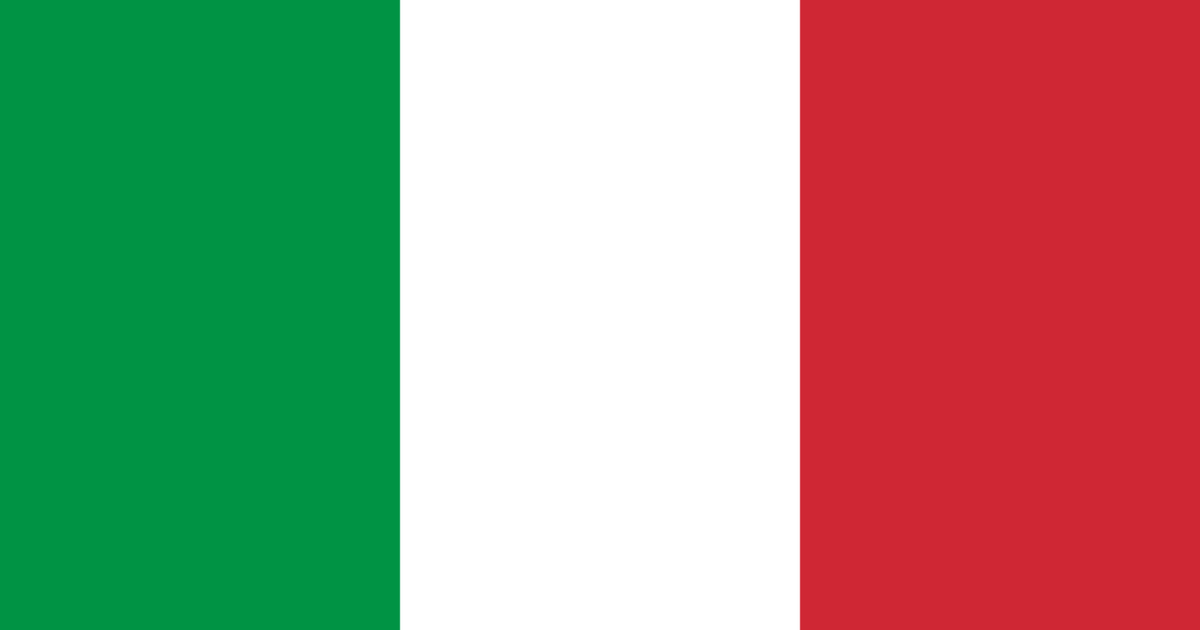In the country that was one of the founders of the EU, for the first time since the Second World War and Benito Mussolini, the right-wing coalition, which consists of parties with many supporters of Putin, wins the parliamentary elections, TSN reports.
The trinity that will form the government is Italian prime minister Silvio Berlusconi, Putin fan Matteo Salvini, who wants to lift anti-Russian sanctions, and Giorgia Meloni, a woman who could become the first prime minister in Italian history.
They have already agreed on a coalition, together they have approximately 45 percent of the vote according to preliminary forecasts.
"First of all, we have to understand that in Italy there was the largest European communist party, strongly connected with Moscow, which was financed by the Soviet Union.
A whole web covered the country and, first of all, the intellectual elite, the world of publishing, journalism, the world of information," explains the editor of the Libero newspaper, Alessandro Sallusti.
Since the fourteenth year in Italy, the Russians were treated with great understanding, and even at the beginning of the full-scale invasion of Russia, the airwaves were clogged with Kremlin propagandists.
On one of these broadcasts, editor Alessandro Sallusti couldn't stand it and called the Kremlin a palace made of shit.
However, now in an interview with TSN, he insists that the public opinion of Italians has changed significantly since then, so politicians will have to take this into account.
"A certain anomaly has arisen when we have intellectuals who speak out against NATO, against the West and in some way try to justify what Putin is doing.
And at the same time, we have the opinion of society, which is extremely simple in its position.
There is a country that attacked and a country that defends itself.
And this simple perception is shared by the majority of people who support Ukraine today," adds Sallusti.
"Most likely, we will have a slightly more nationalistic and protectionist government, which will pursue the same international policy as Draghi.
In particular, regarding the support of Ukraine," suggests political scientist Lorenzo Castellani.
A personal friend of Putin, one of the richest Italians, media mogul Silvio Berlusconi, is persona non grata in Ukraine for his trip to the occupied Crimea.
Recently, he has been changing his position on the Kremlin almost every day.
His statement this week shocked many.
"Russian troops were supposed to reach Kyiv in a week, replace the government with "decent people" - the entire government of Zelensky, and return back in a week.
Instead, they met unexpected resistance from the Ukrainian troops and were bombarded with Western weapons of various kinds," he said.
The next day - Berlusconi took these words back, declaring: everything was twisted.
"This is one hundred percent his style, to say: but I was simply not understood correctly, I said other things.
He didn't say other things, he literally said what he said," says analyst Massimiliano de Pasquale.
The results of the Italian elections are eagerly awaited by one of the most successful populists in Europe, Hungarian Prime Minister Viktor Orban.
Hungarians love him almost as much as Italians loved Berlusconi, but the leadership of the European Union is the opposite.
Hungary has already been called an autocratic state in a resolution of the European Parliament.
Orban - so far the only European leader who loudly demands the cancellation of anti-Russian sanctions - very much wants to sit at the next meeting of EU heads of state - not alone, but with a new powerful ally.
"You vote, you decide the future.
They in Paris, in Berlin and in Brussels can only come to terms with this," says Matteo Salvini, the leader of the "League of the North" party.
"Many propagandists still scare people: you need to have good relations with Russia because of gas, otherwise you will freeze in winter," adds the analyst
"I don't agree with Orbán in many ways, especially in matters of foreign policy" - this is how Italian Prime Minister Meloni answered the question of whether she is going to fight with him for the lifting of sanctions against Russia.
However, she criticized the European Union for the fact that, with its behavior towards Orban, Brussels seems to be pushing him into the arms of Putin.
"If a strong opposition gathers, we will not have the situation that happened in Hungary.
Of course, there are fears, and I understand why they are worried in Kyiv.
But if the opposition parties show themselves well in the elections, then maybe later, in the future, they will be able to form a government, if the right-wing coalition does not hold up and collapses," says Massimiliano de Pasquale.
"We'll see if things go in a different direction from Brussels - as in Hungary, as in Poland - we have our own mechanisms.
"Democracy is a constant work, it never ends, you cannot, you know, finish it, pack it up and live peacefully," said the head of the European Commission, Ursula von der Leyen.
Italian election rules prohibit polling for two weeks before voting day, so in the near future the Italians may - once again - surprise the whole world, which is already preparing for a new, completely right-wing Italy not seen since the Second World War.
Read also:
Liberated Kupyansk, although under fire, remembers the occupation with even greater fear
In Sumy Oblast, the locals barely manage to restore the destroyed buildings when the Rashists fire on them again
It became known which countries help Russia to hold pseudo-referendums
